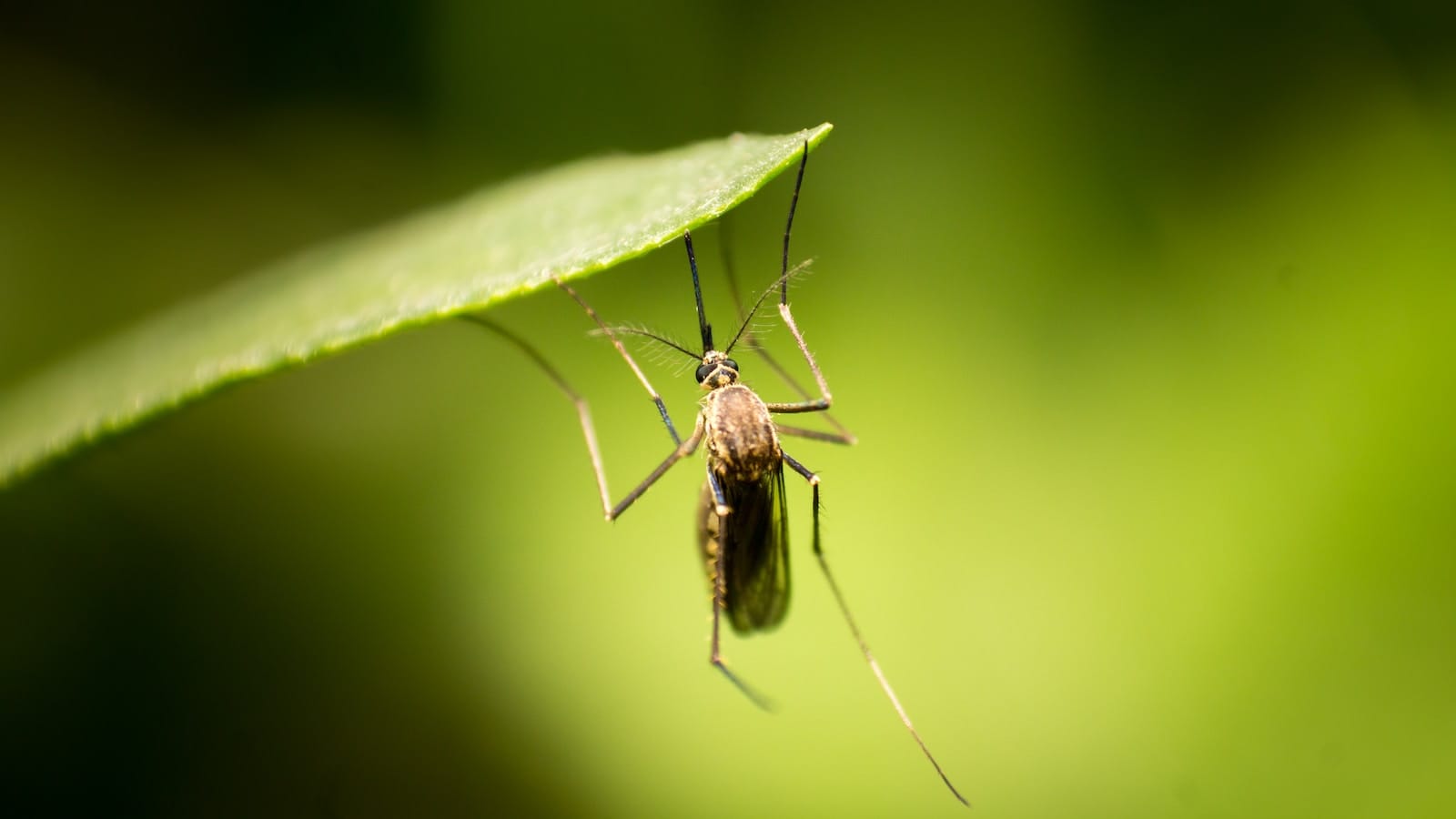Resident of Ottawa passes away after contracting Triple E
The virus can cause severe neurological illness and even death in humans. OPH advises residents to take precautions against mosquito bites to lower the risk of EEE and West Nile virus.

Ottawa Public Health (OPH) has confirmed the city's first death from eastern equine encephalitis virus (EEEV), also known as Triple E or EEE.
The individual, an Ottawa resident, passed away in August 2024 from "viral encephalitis," and a lab test confirmed EEEV in the person.
Although this is Ottawa's first documented human case of EEE, the virus is not a reportable disease in Ontario. EEEV typically circulates between birds and is transmitted to humans through mosquito bites in rare cases.
The virus can cause severe neurological illness and even death in humans. OPH advises residents to take precautions against mosquito bites to lower the risk of EEE and West Nile virus.
The virus can also infect horses, but they can be protected through vaccination.
To prevent mosquito bites, OPH recommends the following:
- Use Health Canada-approved repellents containing DEET or icaridin.
- Avoid mosquito-prone areas, especially during dusk and dawn.
- Wear protective clothing like long pants and sleeves.
- Ensure window and door screens are intact.
Symptoms of EEEV infection, which can appear 4-10 days after a mosquito bite, include high fever, stiff neck, headache, and fatigue. The most severe complication of the virus is encephalitis, or brain swelling, which can be life-threatening.
As of 2023, only three EEEV cases had been reported in Ontario.





